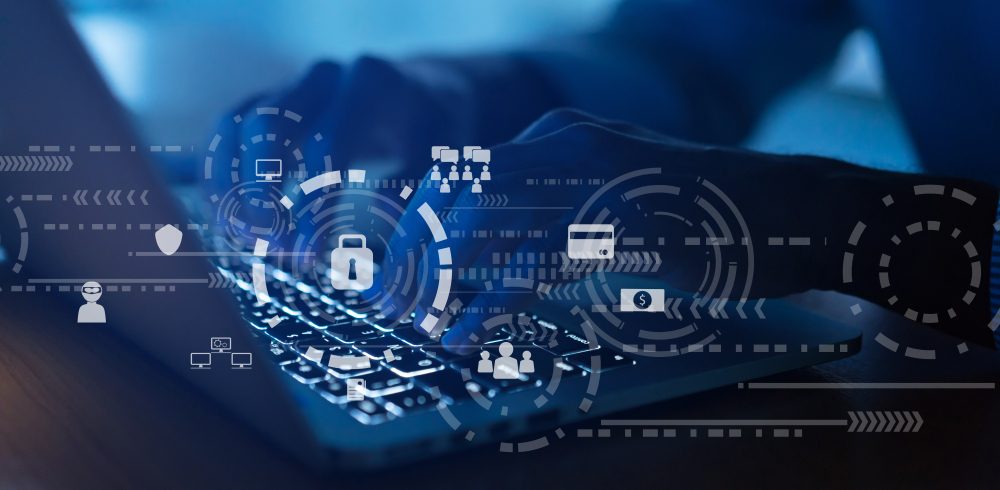William Hague MP has defended the government’s Investigatory Powers Bill.
Speaking at Infosecurity Europe 2016 in London, the former foreign secretary and first secretary of state rubbished the idea of a ‘snooper’s charter’.
He said that people would agree with him if they could see the checks and balances systems that are in place already for electronic communications access.
William Hague took to the defence of intelligence services in the UK, stating that many of their successes are never highlighted in the public domain, while any single failing becomes instant headline news.
He said that during his time as foreign secretary he found that in order to deter organised crime, foreign espionage and terrorism, a high level of communications intelligence is a necessity.
William Hague continued that the depressing fact is that there are many more activities and organisations who seek to cause harm to people in the UK than the average citizen may suspect.
He added that a significant proportion of the work carried out in detecting such activities and organisations is done electronically and will normally involve the formation of a ‘mosaic’ of intelligence, that will require various bits of data.
William Hague argued that there would be much more draconian and serious threats to citizens’ liberty in various ways if the government did not effectively gather intelligence about terrorist activity and organised crime.
Most people, he said, are not disturbed by the activities of law enforcement, as they are focussed only on those who pose the biggest threats to the country.
He said that in order to track down terror cells, tax fraudsters, modern slavery gangs and illegal arms dealers, intelligence systems are of vital importance.
He concluded by stating that during his time in office, he was able to observe the sensitive way in which intelligence services investigate the private communications of people who may be suspected to have an involvement in illegal activities.














